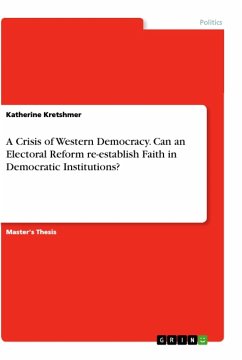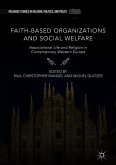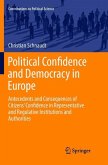Research Paper (undergraduate) from the year 2011 in the subject Politics - Political Theory and the History of Ideas Journal, grade: 75, University of Essex (Department of Government), language: English, abstract: If we enquire into the fact that a vibrant civil society is a necessary condition for the formation of a liberal democracy, we will first of all require a clear notion of the key elements that constitute the vibrancy of a civil society. Apart from this initial clarification, one need to disprove that a flourishing civil society can undermine or even prevent the emergence of liberal democracy. Can we really form such a categorical thesis? Above all, a vibrant civil society has to promote developments which one characterizes as fundamentally democratic since otherwise it would be inappropriate to speak of an interrelation between civil society and liberal democracy. In the course of this work, I aim both to illustrate the necessity of a vibrant civil society and to show that there are other indispensable factors which a state has to fulfil in order to become a genuine liberal democracy. Considering the diversity of notions of a civil society, I will mainly focus on the distinction between the three models proposed by Michael Edwards, which are civil society as "associational life", as the "good society" and as the "public sphere" (Edwards, 2009). At the same time, this clarification serves to contrast the idea of civil society to the more universal term of social capital which comprises social interaction in its totality and is employed to give it a measurable value. So what are the integral parts of a civil society that we could consider favourable to liberal democracy?
Hinweis: Dieser Artikel kann nur an eine deutsche Lieferadresse ausgeliefert werden.
Hinweis: Dieser Artikel kann nur an eine deutsche Lieferadresse ausgeliefert werden.








